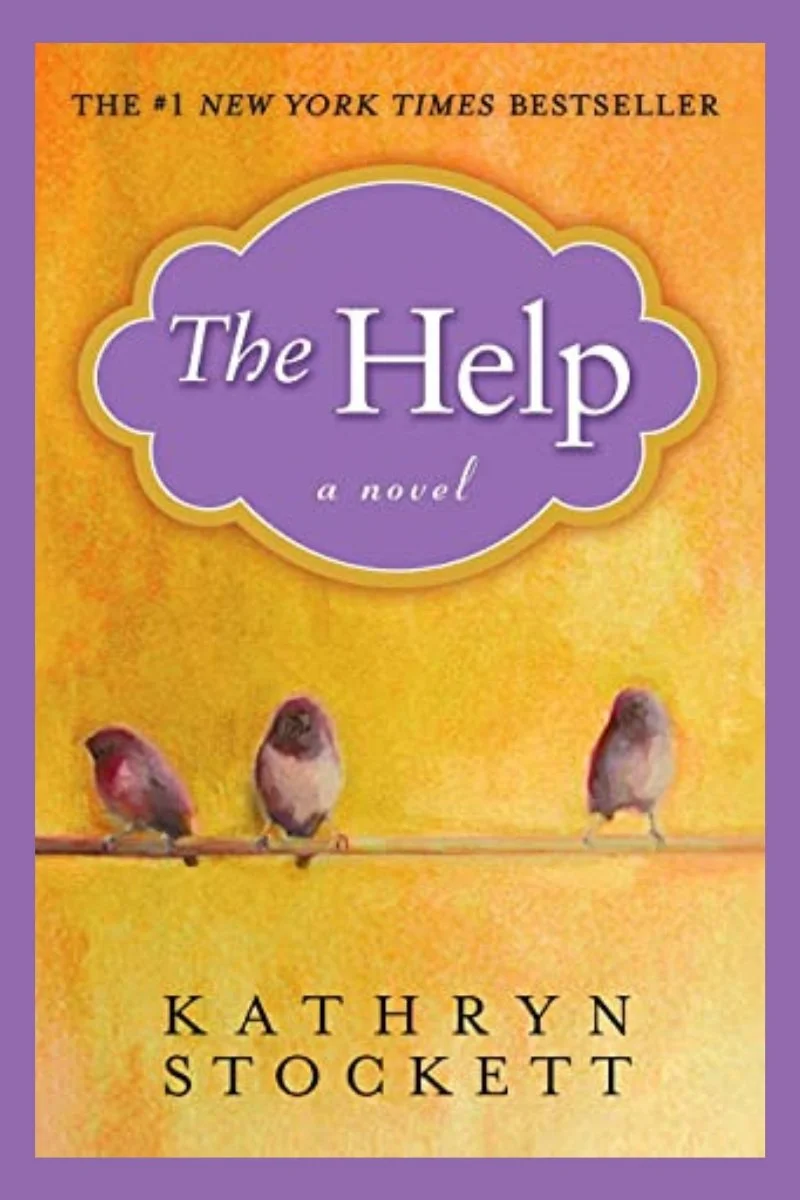The Stranger – Albert Camus
100-Word (or Less) Synopsis: [from the dustjacket] Through the story of an ordinary man unwittingly drawn into a senseless murder on an Algerian beach, Camus explored what he termed "the nakedness of man faced with the absurd." First published in English in 1946; now in a new translation by Matthew Ward.
Expectation: An overrated classic.
Reality: Not every aspect of the story worked for me, but our collective experience during the pandemic gave new understanding — and perhaps compassion — to Meursault’s personality.
Recommended For: Everyone should try to tackle this at some point.
Why I Read It: It was one of my husband’s favorite reads in college.
My Take:
“The Stranger” is, well, strange. A lot happens and nothing happens — and that entirely feels like the point.
While I probably should’ve read this earlier in life, I’m pleased it came to me now, at a time when each day feels like a slight variation of the next and when carefully constructed societal mores have started to crumble.
Where daily video calls have supplanted in-person interactions, and therefore actual interpersonal bonds. Where actual facemasks have made it easier to veneer a smirk or scowl in public. Where social media has given a platform to ideas that were once too taboo to share publicly.
Over the past 18-months, the outsider in all of us has started to appear.
Of course, Albert Camus couldn’t have predicted the nuances of our pandemic life and digital 21st century world, but considering this novel was written in Nazi-occupied France, he did understand the slippery slope of personal isolation and how the imbalance of uncertainty can unravel even the strongest beliefs.
While Meursault reads like a sociopath, it’s hard to not see parts of ourselves in the character today. He was blissfully unaware of how even the mundane aspects of his life were a gift until he could no longer experience them — and by then it was too late.
I’m not a literary scholar, so I’m not going to try to analyze the religious and mother/son themes Camus uses common themes throughout, but I think this is one of those novels that each person will experience differently.
I certainly didn’t love it — it often felt unfocused, meandering and the writing at times perfunctory — but I also didn’t hate it. At its slim length, it is a story that all should try to tackle at some point.
As an audiobook, it is narrated effectively by Jonathan Davis, who gives a dispassionate delivery that perfectly captures Meursault’s mindset. To be fair, I prefer to hear my classics rather than read them, and this is another example of how an audiobook can help you push through the more challenging and mundane (by today’s standards) stories.
Rating (story): 4/5 stars
Rating (narration): 4/5
Formats: Audiobook (library loan)
Dates read: August 17, 2021
Multi-tasking: Good to go. I finished this in a single sitting while cleaning the house. I probably missed some of the nuance in Camus writing, but I was able to follow the story.





